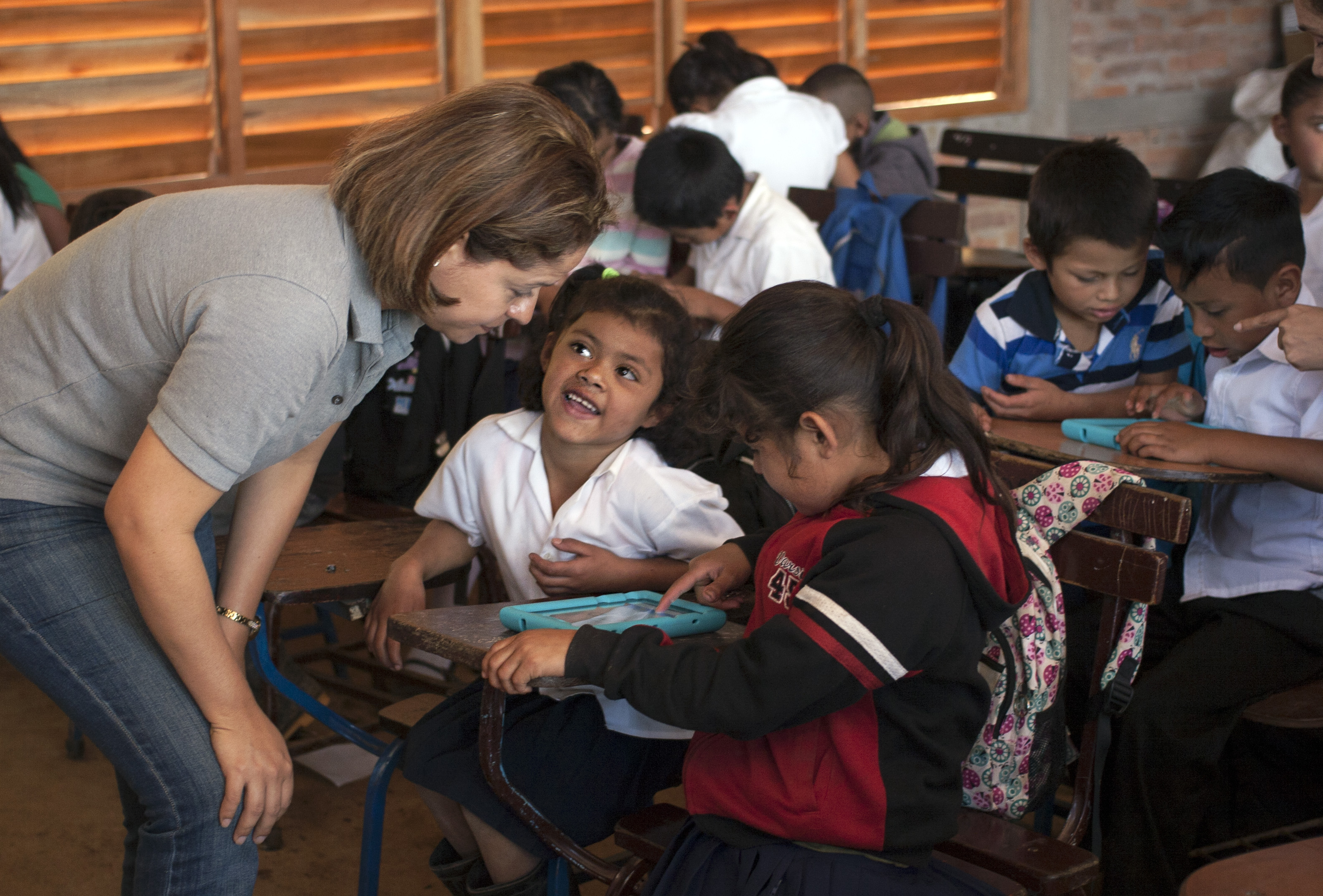Capstone
NYU Wagner Capstone Team works with alumna to improve education in Nicaragua coffee fields
NYU Wagner alumna Kristin Van Busum founded Project Alianza, which provides educational opportunities for children at risk of child labor in rural coffee communities, and she enlisted a Capstone team to help figure out how to expand the organization's reach.

NYU Wagner Capstone Team works with alumna to improve education in Nicaragua coffee fields
NYU Wagner alumna Kristin Van Busum founded Project Alianza, which provides educational opportunities for children at risk of child labor in rural coffee communities, and she enlisted a Capstone team to help figure out how to expand the organization's reach.

Social Impact, Innovation, and Investment students use team-generated Capstone option to launch startup ideas
In the first cohort of the Social Impact, Innovation, and Investment specialization, one team has taken an entrepreneurial approach to their Capstone Project and devised "Tactical Mentor," an online coaching platform designed to support women and people of color in negotiating better compensation packages.
Learning in Action
In architecture, the capstone is the crowning piece of an arch, the center stone that holds the arch together, giving it shape and strength. NYU Wagner's Capstone program plays a similar role, by integrating and enhancing your learning in several different arenas. You’ll quickly become familiar with an issue or content area. You’ll hone process skills, like teamwork and project management. And you’ll effectively gather, analyze, and present data. Capstone requires you to interweave your learning in all these areas—and to do so in real time, in an unpredictable, complex, real-world environment.